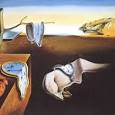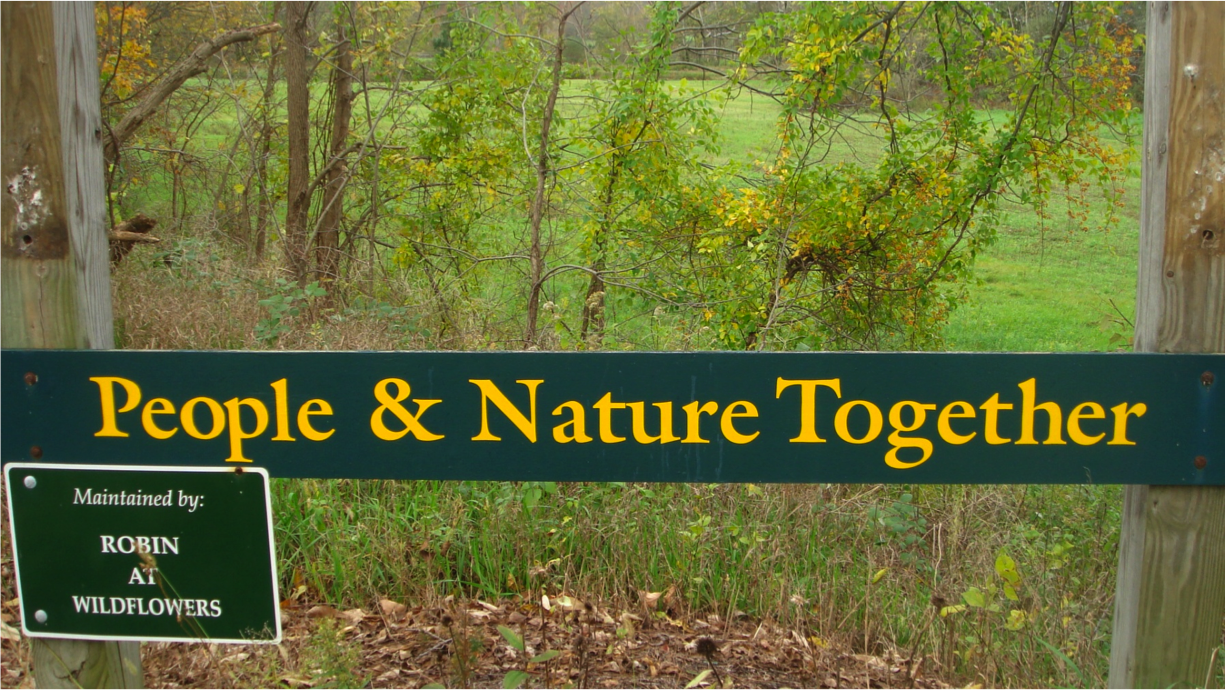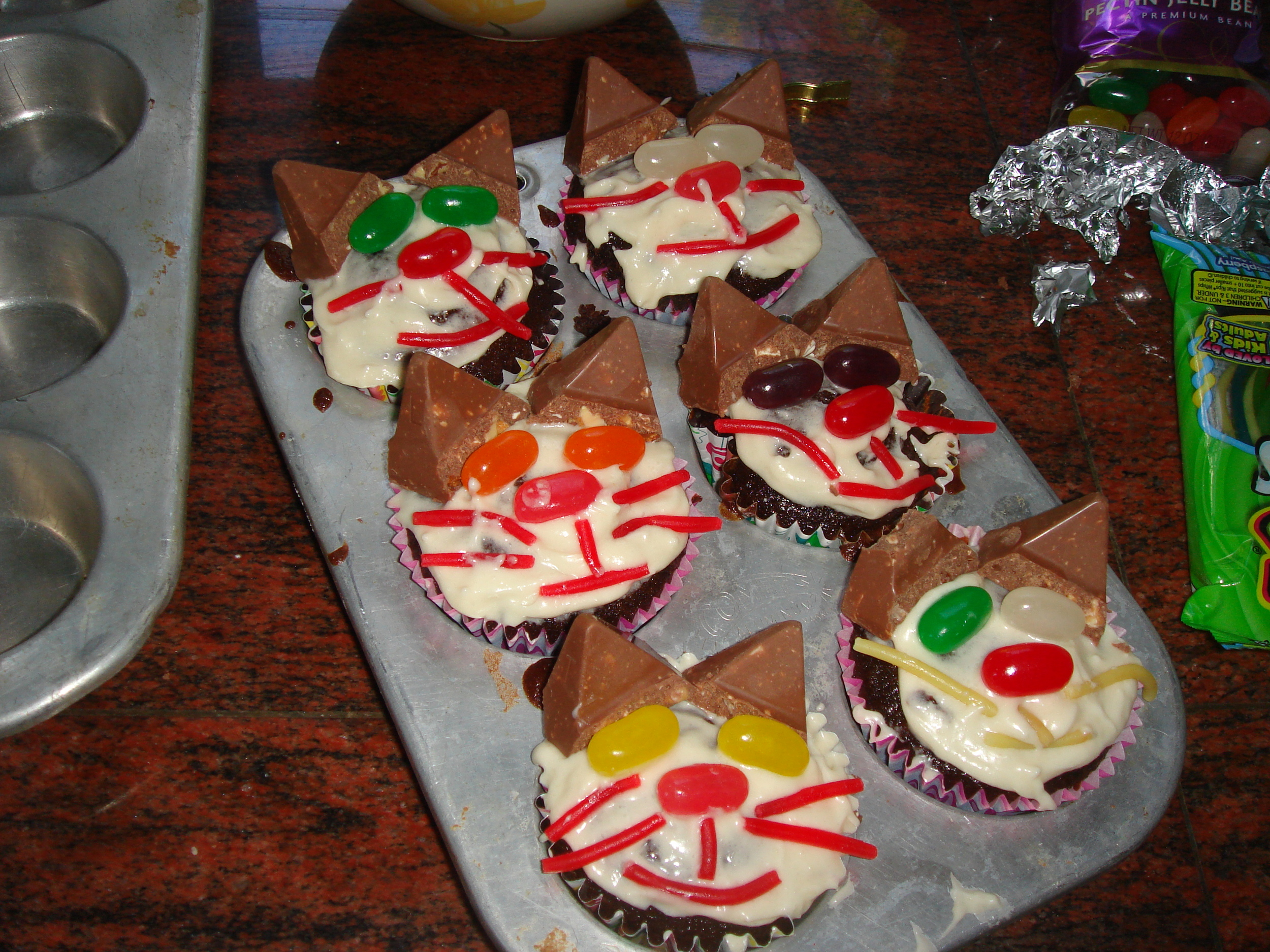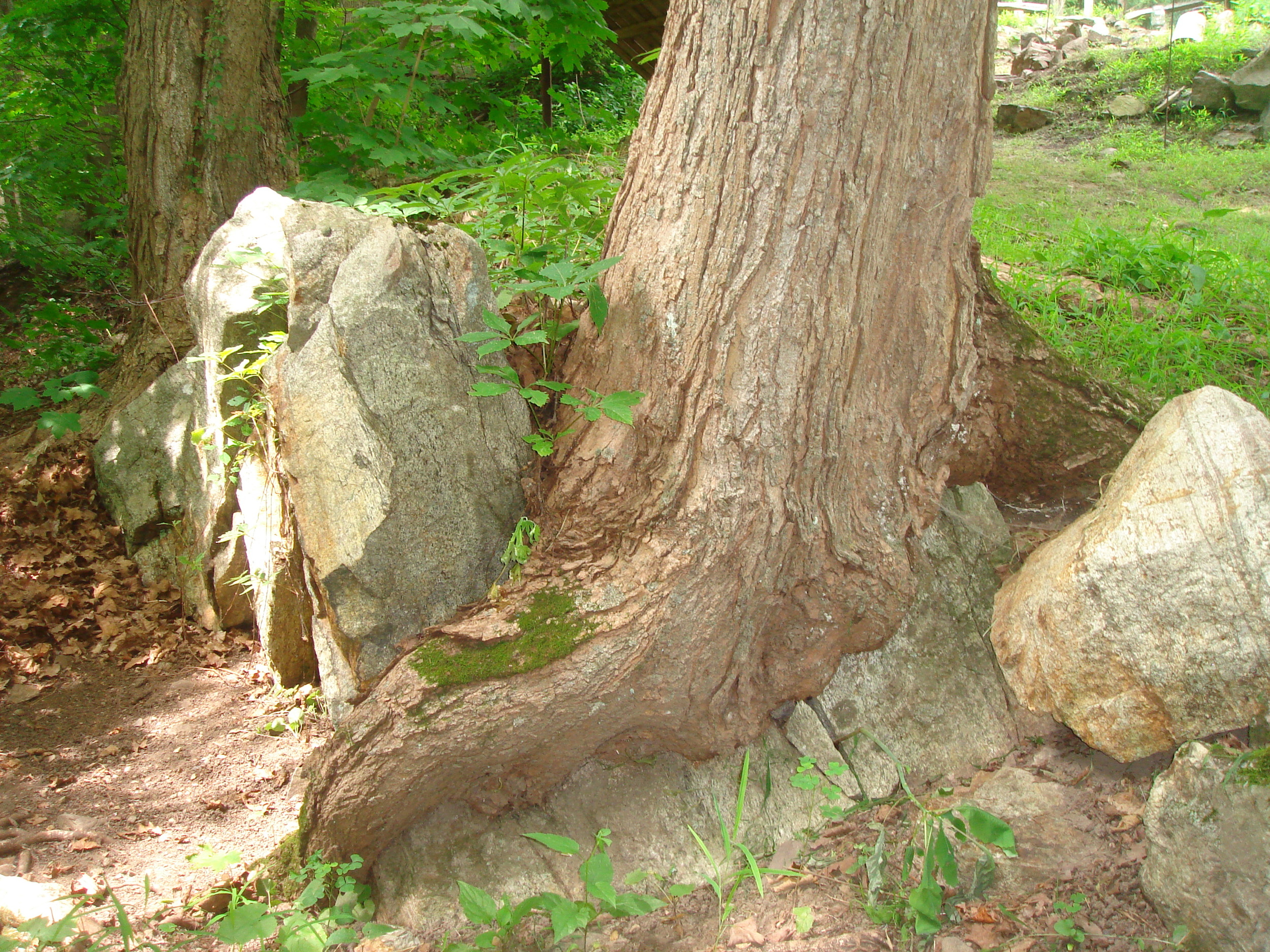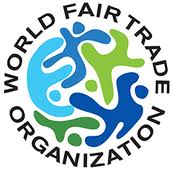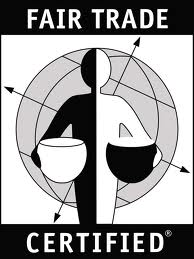 Mass production takes the sacredness and magic out of things. It makes them cheap. One-of-a-kind things, like artwork or a hand made craft or a knitted sweater, or even an apple pie made from scratch, are infused with the imprint of the maker. Such an item has a totally different energy than say that cheap plastic mug
Mass production takes the sacredness and magic out of things. It makes them cheap. One-of-a-kind things, like artwork or a hand made craft or a knitted sweater, or even an apple pie made from scratch, are infused with the imprint of the maker. Such an item has a totally different energy than say that cheap plastic mug  with its advertising logo, which ends up first as a pencil cup (although, annoyingly, it keeps tipping over), or as a brush cup (the weight of the water keeps it standing), but then inevitably gets thrown away or at least recycled.
with its advertising logo, which ends up first as a pencil cup (although, annoyingly, it keeps tipping over), or as a brush cup (the weight of the water keeps it standing), but then inevitably gets thrown away or at least recycled.

Why do you hesitate to throw away your high schooler's clay bowl she made in 3rd grade? Why can't I get myself to throw the chocolate rose away my son gave me in 2nd grade for Mother's Day, and which has been sitting in our dining room cabinet for eight years now? Because these things are infused with significance and meaning.
But I am ruthless with cheap stuff we seem to collect - useless Disney key chains (how many key chains do you need?), plastic Lei from some party long ago which lost their magic the morning after, too many t-shirts with logos and pictures to advertise someone else's cause, plastic toys too ugly and cheap to save for future generations.
Buy less, but buy thoughtful, or make it.




